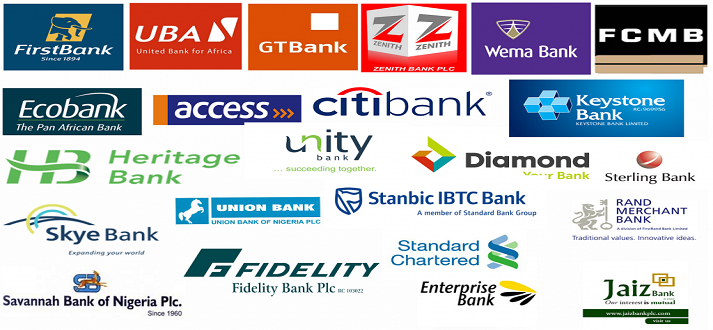Now that the euphoria of the introduction of a flexible exchange rate is gradually winding down, the realities are that the depreciation of the Naira by over 40 percent has jerked up the foreign exchange loans in commercial banks balance sheets. The implication of this is a further dampening of assets quality and endangering Non performing Loans (NPL).
Since the economic down turn will make it practically difficult for borrowers across sectors to meet obligations owed to banks, the likelihood of a repeat of the financial crisis of 2009 is lurking. We are of the view that in order to avoid another catastrophe, the Assets Management Corporation of Nigeria (AMCON) may have to buy bad debts to avert a contraction in lending.
In 2009, the CBN injected N620 billion of liquidity into the banking sector and replaced the leadership of 8 Nigeria banks.
Stabilizing the system and returning the confidence to the markets and investors may not be as easy as it was in 2009 as falling oil price since mid 2015 has deal a serious blow on government revenues and depleted external reserves. This leaves questions as to whether Nigeria has the money to salvage banks since a dearth of oil revenue has left states impotent and unable to pay salaries.
Banks that have Non (NPLs) in hard currencies may see a negative NPL ratio and it is more worrisome if the provisions on loans are held in naira. The most susceptible to these uncertainties are Firstbank Nigeria Plc, Diamond and Skye, according to a report from Rencap.
How is this so?
For banks that have sizeable FX NPLs, depreciation could hurt their NPL ratios. Had they been holding the requisite provisions on these NPLs in naira, that would put significant pressure on their provisions and coverage ratios, as they need to set aside more naira to maintain coverage ratios at the pre-depreciation level,” Renaissance Capital analysts Adesoji Solanke and Olamipo Ogunsanya said in a June 27 note.
For banks that have sizeable FX NPLs, depreciation could hurt their NPL ratios. Had they been holding the requisite provisions on these NPLs in naira, that would put significant pressure on their provisions and coverage ratios, as they need to set aside more naira to maintain coverage ratios at the pre-depreciation level. For the banks that held the provisions in dollars, these dollar provisions would naturally inflate at a weaker exchange rate, but the banks do not need to set aside real naira in order to maintain coverage ratios. Based on feedback from management, FBNH and Diamond have the highest proportion of their NPL book in foreign currency, at 56% and 45-50%, respectively, with Diamond mentioning that it holds its provisions in naira. Overall, these sizable FX NPLs are a concern for us, but, unlike Diamond, FBNH has significant FX long positions that should help it to partly offset the impact of some of these asset quality challenges.
The 10-member Nigerian Stock Exchange Banks Index has declined almost 6 percent since surging to a 9-month high on June 23. That compares with a 4 percent drop in the NSE All Share Index over the same period, with Sterling Bank Plc, Unity Bank Plc, Zenith Bank Plc and FBN Holdings Plc among the biggest losers.
The economy has contracted by 0.4 percent, the worse since 2004 as a recession is imminent given the delay in the passage of 2016 budget that would have spur consumer spending. Nigerian banks have proven to be resilient over the years but we believe last some point they will require a bailout. Banks have taken huge provisions already in the last two years and have refinanced some of their loans. However, with their capital adequacy rations under intense pressure, they might have no choice but to sell some of their worst loans to AMCON.







